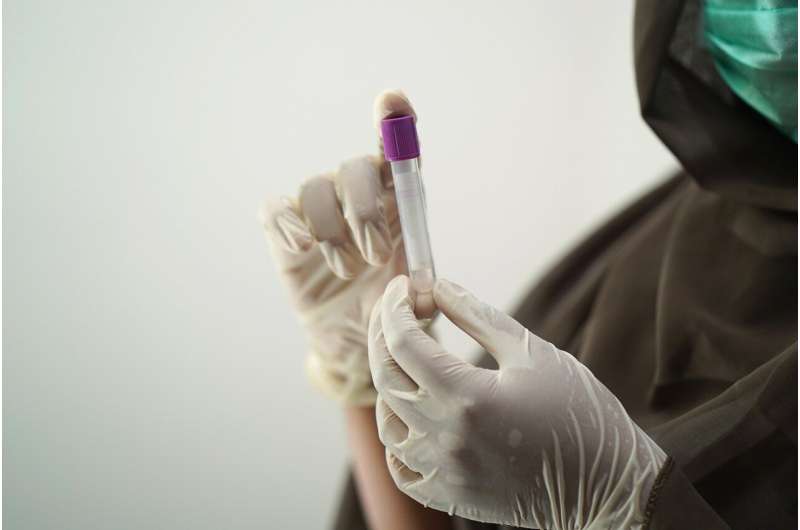Long-Term Health Risks in Childhood Cancer Survivors: New Study Insights

A groundbreaking study reveals that childhood cancer survivors face higher risks of secondary cancers and heart disease as they age, underscoring the need for personalized long-term care.
Recent research from City of Hope highlights that individuals who survived childhood cancer face increased health risks as they age, including the development of secondary cancers, heart disease, and other chronic conditions. The study, which is the first to examine survivors who have reached age 50, analyzed data from a national database tracking approximately 40,000 people diagnosed with cancer before age 21. Findings indicate that these survivors are more prone to secondary malignancies and tend to experience higher mortality rates from cancer than their peers, especially when radiation therapy was part of their treatment. Additionally, they show a greater tendency toward heart problems; at age 55, survivors of pediatric cancer exhibit cardiovascular health issues similar to those found in individuals significantly older. Interestingly, despite these physical health challenges, mental health issues among survivors do not appear to be heightened compared to their siblings at age 50, suggesting resilience among long-term survivors.
The study emphasizes the critical role of ongoing medical supervision, advocating for tailored screening protocols and preventive care strategies. Advances in cancer treatments, such as targeted therapies and immunotherapies, have reduced some risks associated with older treatment regimens, yet vigilance remains vital. Dr. Armenian stresses that collaboration among healthcare providers, patients, and survivorship programs is essential to early detection and management of health complications. Ultimately, the research underscores the importance of personalized follow-up care to improve quality of life for aging childhood cancer survivors.
Published in the Journal of Clinical Oncology, this study sheds light on the evolving needs of survivors and the importance of updated guidelines to mitigate long-term health risks. As cancer treatments continue to improve, the survivor population is expected to grow, making lifelong health management increasingly essential.
Source: https://medicalxpress.com/news/2025-08-childhood-cancer-survivors-health-problems.html
Stay Updated with Mia's Feed
Get the latest health & wellness insights delivered straight to your inbox.
Related Articles
Impact of State Flavored E-Cigarette Bans on Tobacco Use Among Young Adults
State bans on flavored e-cigarettes may reduce vaping but are linked to an increase in traditional cigarette use among young adults, raising health concerns.
Significant Decline in US Overdose Deaths Marks Record One-Year Drop in 2024
US overdose deaths saw a historic 27% decline in 2024, the largest single-year drop in decades, highlighting progress in combating the overdose epidemic.
New Blood Test Can Predict Severe Liver Disease Risk
A simple blood test developed by researchers can predict the risk of severe liver disease, enabling earlier diagnosis and intervention in primary care settings. The CORE model uses routine blood parameters to assess long-term liver health risk with high accuracy.
Epigenetic Interplay Influences Cell Development and Disease Progression
New research uncovers how two epigenetic markers work together to regulate cell development and their implications in neurodevelopmental and blood cancers, opening new therapeutic possibilities.



